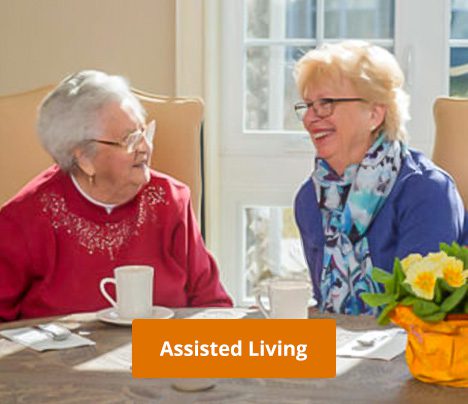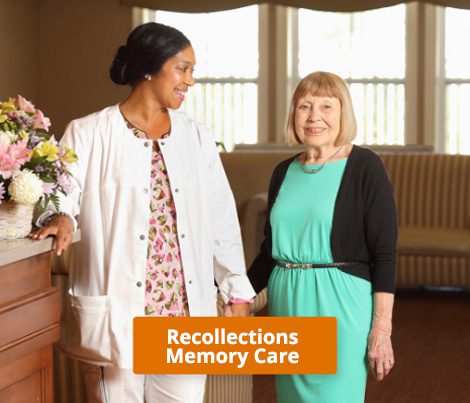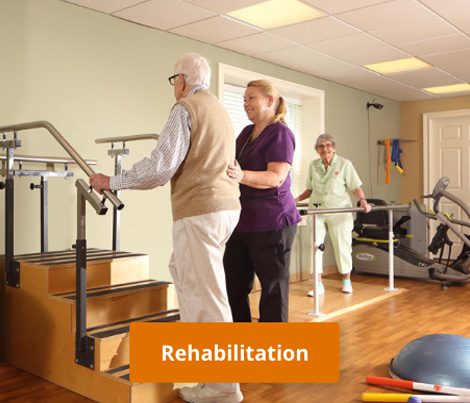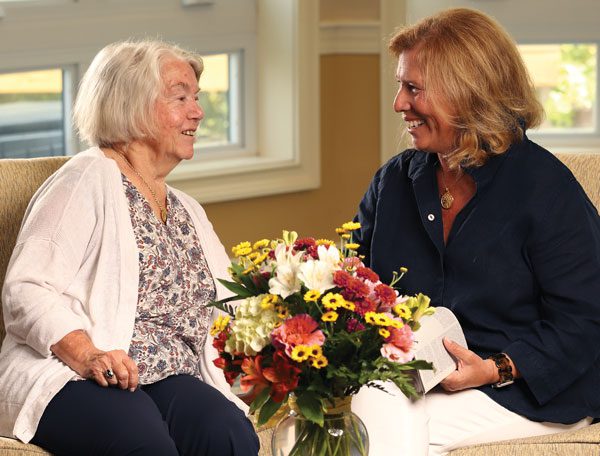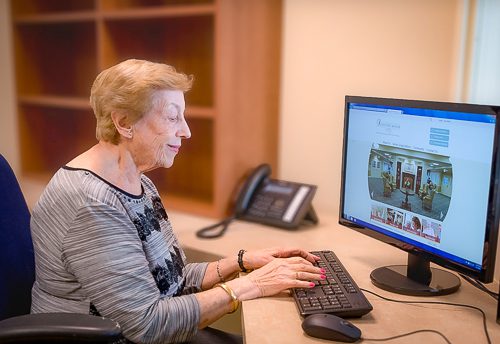How do you know when it’s time for memory care?

10 Signs that Your Loved One May Need Memory Care

MaryEllen Keane, LNHA, CPA Owner/Operator
First, it is important to understand the difference between assisted living and memory care. Both are safe, residential options that provide assistance with activities of daily living (such as dressing, bathing, and medication management) and offer meals, social programming, and entertainment. Many people with mild memory impairment thrive in assisted living.
Memory care is designed to maximize independence and comfort for those with moderate to severe memory loss. Memory care residences have specialized layouts, décor, programming, and dining options that enhance the lives of seniors with memory loss. The supportive programs in memory care meet people exactly where they are. Programs focus on overall health, and enjoyable activities that stimulate without overwhelming.
Does my loved one need memory care?
Memory care residences are for those with moderate to severe memory loss. Moderate to severe means more than occasionally forgetting to take medication, pay a bill, or turn off the stove. Moderate to severe means that changes in memory cause a significant disruption in the day-to-day routine. There also may be changes in mood and behavior.
10 Signs Your Loved One May Need Memory Care
When you’re wondering whether memory care is the right choice now, there are three important factors to keep in mind. Those are your loved one’s safety, social needs, and self-esteem.
Following are some of the signs that it is time to consider memory care, and questions to ask yourself about your loved one’s needs.
SAFETY: SIGNS
- Going outside at inappropriate times, or getting lost outside.
- Getting lost in their own home.
- Consistently forgetting to take medications or taking the wrong medications.
- Forgetting to eat, or eating spoiled or strange foods.
Questions to ask: Has my loved one engaged in unsafe behaviors where they are now? Would they benefit from having supervision, especially at night and during meals?
SOCIAL NEEDS: SIGNS
- Difficulty engaging socially and following conversations.
- Socially isolating behaviors, such as inappropriate language, outbursts, sudden changes in mood, and lack of bathing or grooming.
- Fear and anxiety in unfamiliar places.
- Sleeping excessively, or sleeping during the day and staying awake at night.
Questions to ask: Has my loved one withdrawn from friends and family? Are there new behaviors that are outside of social norms? Do they have opportunities to spend time with peers who accept them?
SELF-ESTEEM: SIGNS
- Getting frustrated by activities they enjoyed because they are challenged to follow instructions or maintain focus.
- No longer enjoying movies, television, or books because of difficulty following a story.
Questions to ask: Has my loved one stopped doing enjoyable activities because the activities are too difficult to follow now? Would they benefit from having activities that are more straightforward?
Safety, social needs, and self-esteem are just some of the factors to consider when you’re wondering if it’s time for memory care. If you’re noticing many of these signs and answering yes to the questions, it may be time to take the next step. Consult with your loved one’s physician, and talk to an expert in memory care.
Learn More About Sunnyside Manor
Sunnyside Manor offers assisted living and memory care. Learn more about Sunnyside Manor’s resources for caregivers. Whether you’re looking for short-term support or a longer-term plan, we are here to help. Begin with our “Getting Started” guide, or call us at 888-696-2052 to speak with a senior living expert.
Sunnyside Manor, located in Wall NJ, is the area’s premier senior living community. It features three distinctive neighborhoods: Independence ‘Plus’ Assisted Living, Recollections Memory Care and Skilled Nursing.

